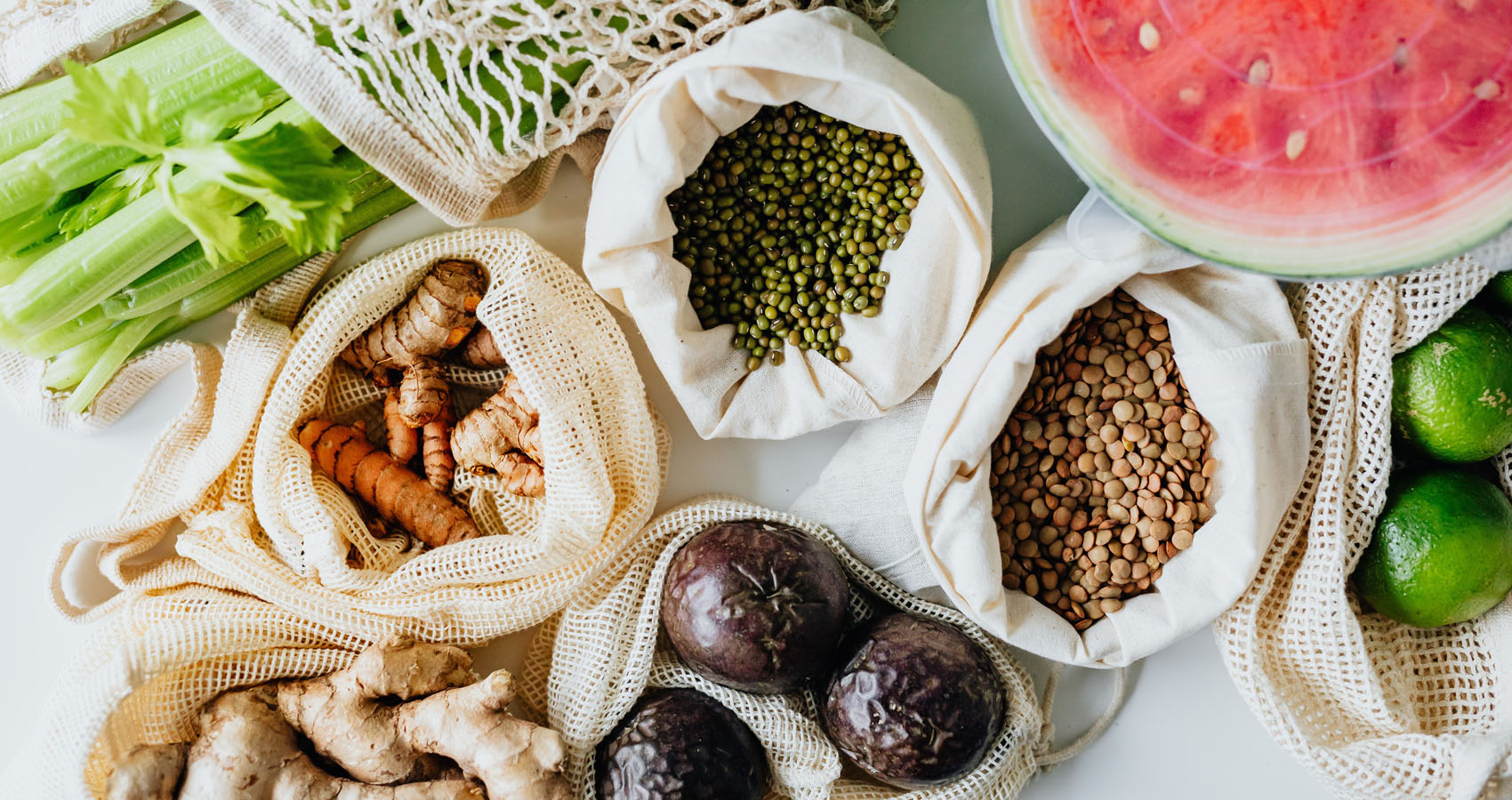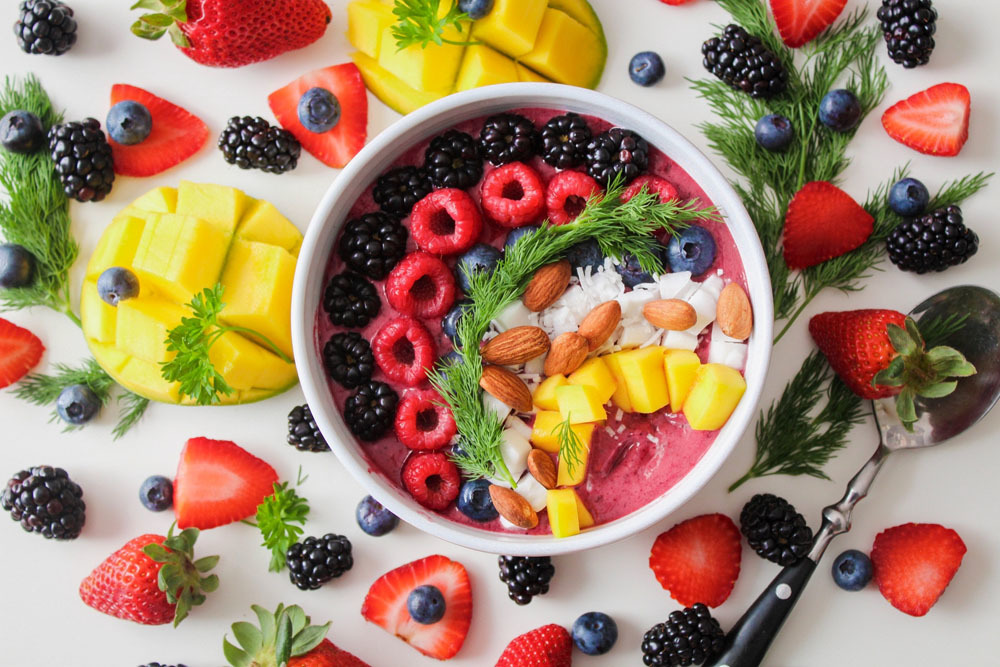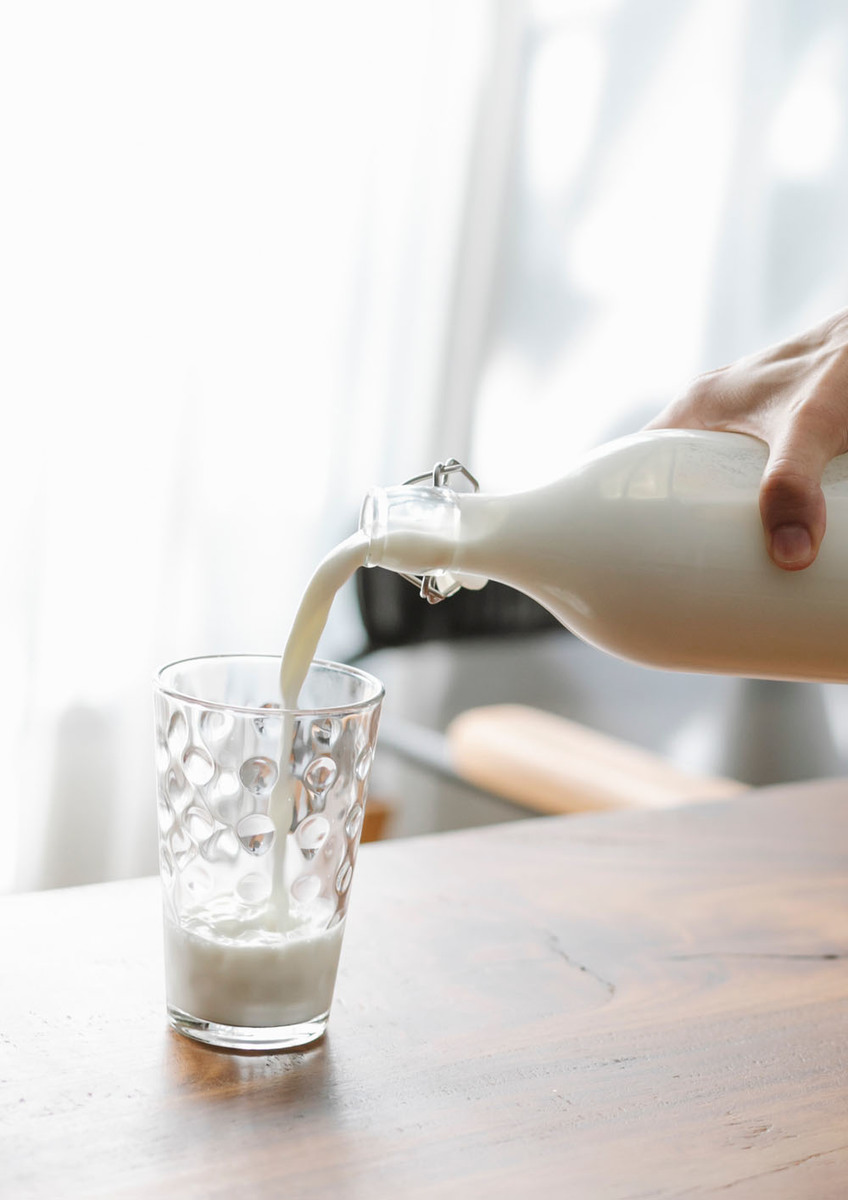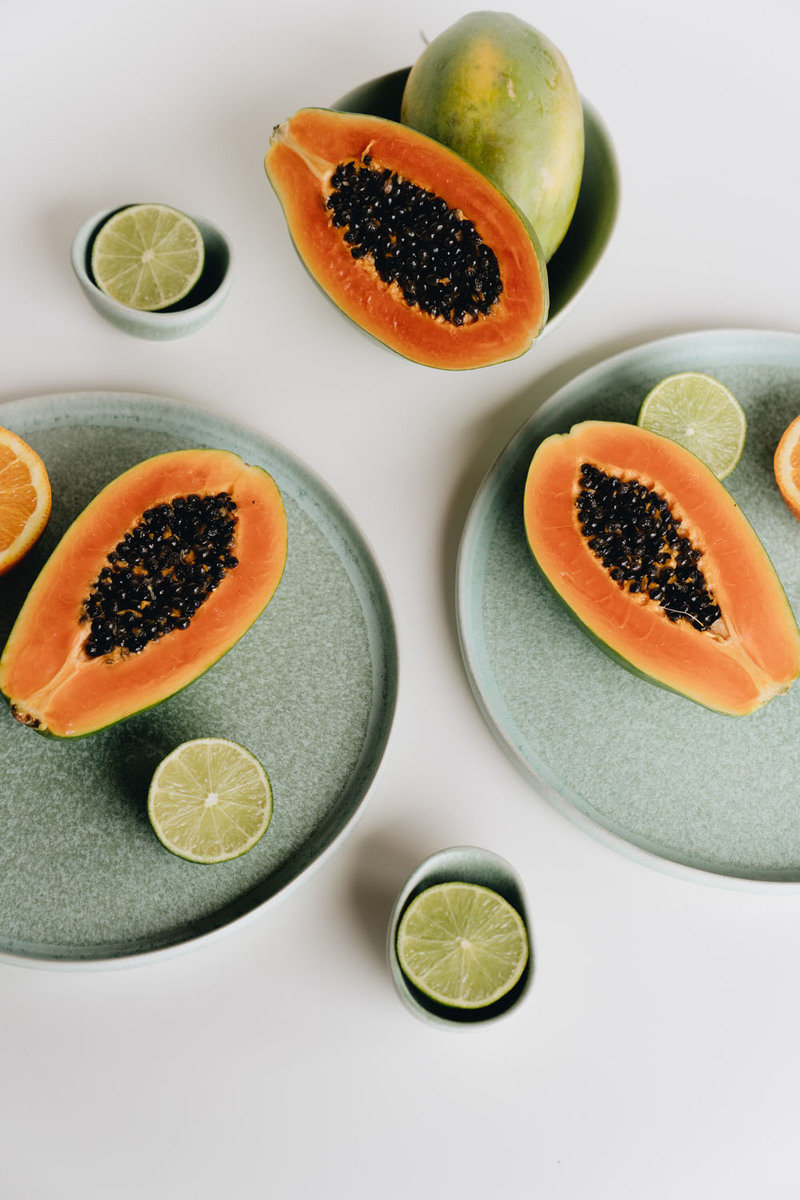
What is the Most Important Vitamin for Your Body
Vitamins and minerals are crucial to the body's health.
The body needs micronutrients like minerals and vitamins to perform many regular body mechanisms. Micronutrients should come from our meals because our bodies do not form them. Our bodies must have vitamins and minerals to grow and operate appropriately.
The statistics that describe the world of healthy food can be somewhat intimidating to those who are not specialists in natural health.
Dietary Guidelines recommend that people consume a balanced and nutritious diet containing all types of vitamins and minerals. Doctors advise eating nutritious meals before using supplements. A balanced diet, including whole foods, is the most effective approach.
Important Vitamins & Minerals for a Healthy Body
Your body produces skin, muscles, and bones every day. It sends nerve signals along thousands of miles of brain and body pathways and sends rich red blood carrying nutrients and oxygen. Furthermore, it forms chemical messengers that send instructions from one organ to another. For all these functions, your body needs some nutrients that your body doesn't produce. Some of these essential nutrients are:
Vitamin A
Vitamin A is necessary for your organs like the liver, heart, and lungs. Additionally, it is beneficial for clear vision, overall development and growth, and strong bones, teeth, and skin.
It is also known as beta-carotene and is essential for functioning the immune and reproductive systems. Salmon, squash, broccoli, carrots, green leafy vegetables, apricots, mangoes, melons, sweet potatoes, dairy items, and fortified cereals are all sources of vitamin A.
Vitamin B
B vitamins aid in the transformation of proteins, lipids, and carbs into energy. Certain B vitamins are also essential for iron absorption, immune system function, cell growth, and development. Meat, chicken, organ meats, fish, eggs, lentils, beans, seeds, whole grains, nuts, bananas, hot peppers, yeast, molasses, fortified cereals, bread, and pasta are all excellent sources of vitamin B.
Vitamin C
Vitamin C, ascorbic acid, strengthens blood vessels, provides skin flexibility, boosts immunity, and improves iron absorption from dietary supplements and foods derived from plants. As an antioxidant, vitamin C shields our cells from oxidative stress caused by free radicals. Assisting our body in producing collagen also helps with the healing process.
Citrus fruits and juices like oranges, lemons, kiwis, red and green peppers, strawberries, broccoli, baked potatoes, cantaloupe, and tomatoes are all excellent sources of vitamin C. You can also consume elderberry gummies with zinc and vitamin C to meet your daily vitamin C requirement.

Vitamin D
Vitamin D strengthens bones by facilitating the body's calcium absorption from dietary sources and supplements. The immune system's performance is also improved. Our skin serves as a significant absorber of the vitamin D that the sun provides to our bodies. Beef liver, salmon, tuna, egg yolks, mushrooms, fortified dairy, nut milk, and cereals are foods that are high in vitamin D.
Vitamin E
In addition to improving our immunity and avoiding blood clots, vitamin E shields our cells from free radical damage. Sunflower oil, seeds, almonds, peanuts, spinach, and avocados are all sources of vitamin E.
Vitamin K
For bone strength and blood clotting, vitamin K is essential. Soybeans, blueberries, figs, spinach, kale, lettuce, broccoli, beef, cheese, eggs, and vegetable oils are all sources of vitamin K.
Calcium
Calcium is vital for strengthening bones and teeth. It is also necessary for muscular, metabolic, and neurological functioning. Additionally, almonds, soy, collard green, kale, and broccoli are some of the foods that contain calcium in addition to dairy products like milk, cheese, and yogurt.

Zinc
The immune system depends on zinc, which is also necessary for good development and growth. Red meat, chicken, fish, dairy items, whole grains, legumes, and nuts all contain zinc. Therefore, the same goes for making berries an essential part of your diet, as there are numerous health benefits of elderberry that you can get by eating it.
Iron
Hemoglobin, a protein that links with oxygen to transport oxygenated blood to all the cells in the body, is composed of iron, a crucial component of the formation of red blood cells. Moreover, meat, seafood, legumes, beans, broccoli, and cashews are all excellent sources of iron.
Magnesium
Magnesium is crucial for the activity of enzymes that control several bodily functions, such as heartbeat, glucose regulation, and muscle and nerve function. Almonds, cashews, peanuts, and spinach all contain magnesium.
Final Words
You must incorporate these vitamins & minerals into your daily routine, whether through healthy foods or supplements, for the proper functioning of the body.












